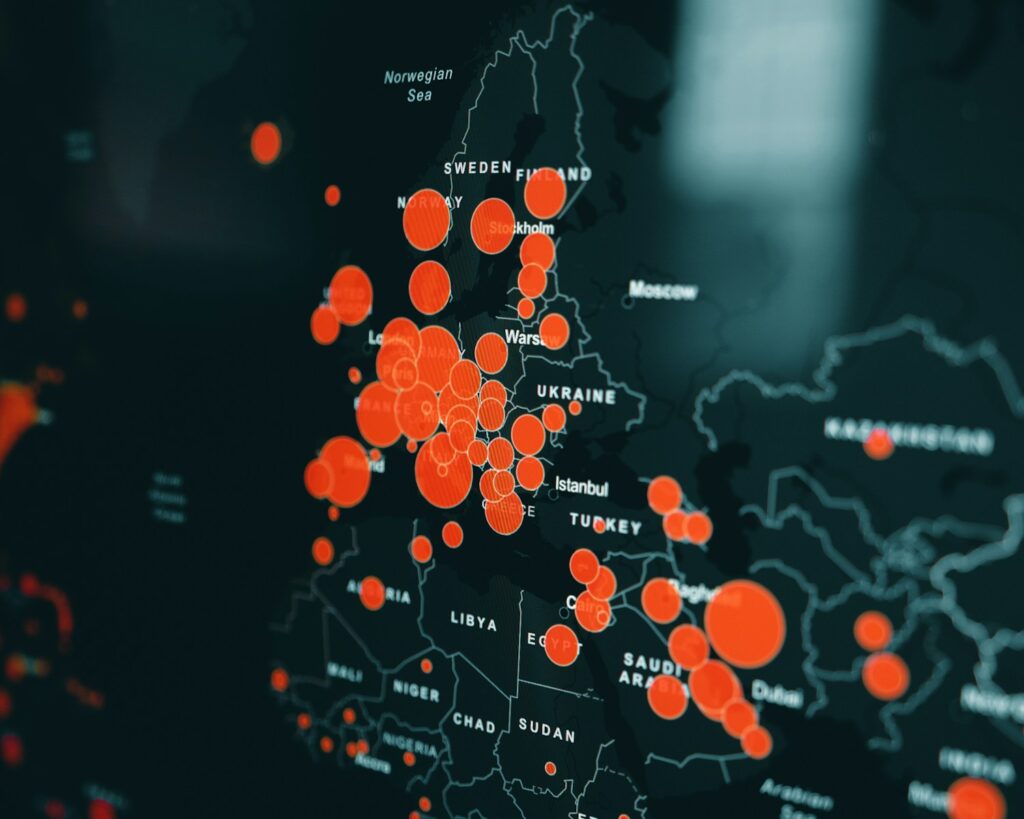
Replacing The Chair of Bulgarian Statistics Directly Undermines Institution’s Independence
After the summer recess, the Bulgarian Parliament rushed to change the rules for electing the chair of the National Statistical Institute (NSI). However, under the pretext of improving independence, this is simply an attempt to remove an inconvenient director who refuses to comply with the demands of political parties and institutions, even when they are contrary to the legislation and principles on which the statistical institute is based.



![Can We Build Consensus on Climate Policy? with Susi Dennison [PODCAST] Can We Build Consensus on Climate Policy? with Susi Dennison [PODCAST]](http://4liberty.eu/phidroav/2025/10/Liberal-Europe-Podcast-2024-2-1024x1024.jpg)
![Liberalism Is Not Quite Dead Yet with Jan-Werner Müller [PODCAST] Liberalism Is Not Quite Dead Yet with Jan-Werner Müller [PODCAST]](http://4liberty.eu/phidroav/2025/09/Jan-Werner-Muller-4-1024x1024.jpg)

![Parliamentary Election in the Czech Republic with Martin Ehl [PODCAST] Parliamentary Election in the Czech Republic with Martin Ehl [PODCAST]](http://4liberty.eu/phidroav/2025/09/Liberal-Europe-Podcast-2024-12-1024x1024.png)

![Trump’s Gambit with Piotr Buras [PODCAST] Trump’s Gambit with Piotr Buras [PODCAST]](http://4liberty.eu/phidroav/2025/08/Liberal-Europe-Podcast-2024-39-1024x1024.png)
![Kosovo on Global Stage with Drilon S. Gashi [PODCAST] Kosovo on Global Stage with Drilon S. Gashi [PODCAST]](http://4liberty.eu/phidroav/2025/08/1-1024x1024.png)

